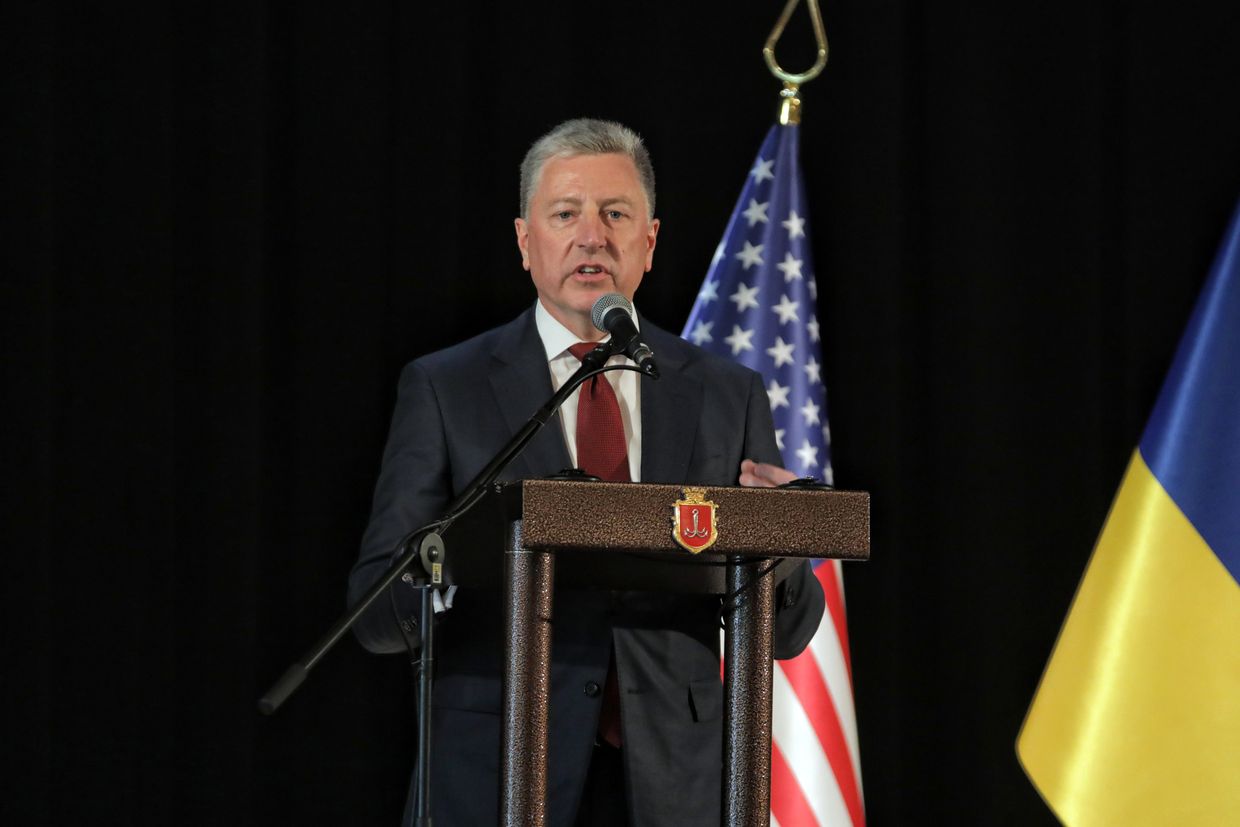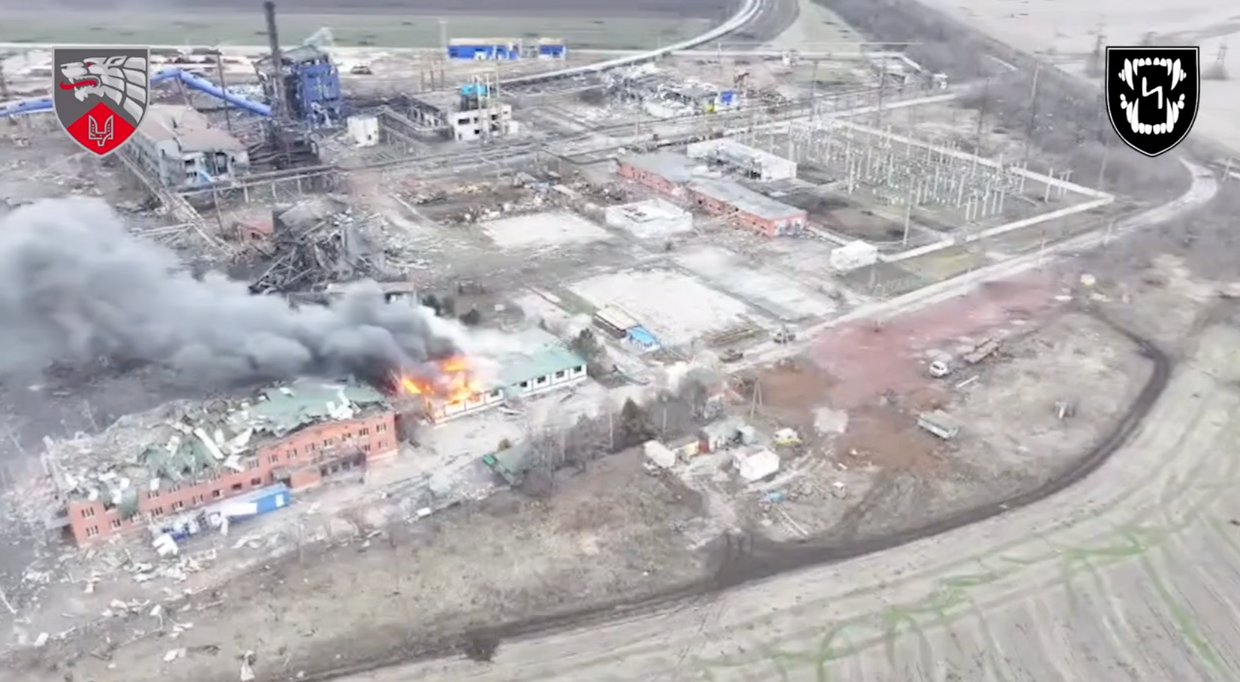'You can't kill your way out of this war' — Kellogg calls for sanctions against Russia's shadow fleet, concessions from Ukraine to end war

U.S. President Donald Trump's special envoy for Ukraine and Russia, Keith Kellogg, attended a panel discussion during the Munich Security Conference on Feb. 15 where he called for the the U.S. to implement additional sanctions on Russia's "shadow fleet," while also calling for concessions from both countries to secure a peace deal.
"What is driving Russia? It's really a petrol state. 70% of the money they are getting to fund this war is coming from petrol, oil and gas. Most of that is going through the shadow fleet" Kellogg said at the panel discussion attended by Kyiv Independent journalists.
"So what does (Russian President Vladimir Putin) have to give up? Well maybe he'll give up his oil revenue and we'll force him to do it, because what you do is start employing sanctions that break the economic back," Kellogg said. "These are the things you can do."
Russia's "shadow fleet" refers to a group of oil tankers employed to help the Kremlin evade sanctions.
Earlier in the discussion, Kellogg said that both Ukraine and Russia would have to make concessions to end the war.
"When you say concessions, of course they're concessions that both sides are going to have to give," Kellogg said, without specifying what concessions the countries would have to make.
"If you think you're going to kill your way out of this, you're wrong, because you have a lousy view of history," Kellogg continued, noting that Russia was "willing to sacrifice" large number of Russian soldiers on the battlefield, invoking memories of the 700,000 Russian soldiers lost in the Battle of Stalingrad during World War II.
Kellogg's remarks come as the Trump administration is trying to bring Ukraine and Russia to the negotiating table. Trump has repeatedly claimed that he aims to end the war as soon as possible but has not outlined specific steps to do so.
During the panel, Kellogg added that a "comprehensive plan" developed alongside allies, was needed to stop the war — without specifying the details of what that entails.
Speaking at the top European security conference earlier in the day, Kellogg said that Europe will not be directly involved in negotiations to end Russia's war in Ukraine, but its interests will be considered.
Kellogg mentioned the Minsk II deal of 2015, which aimed to end Russia's initial invasion of Ukraine in 2014 and involved Germany and France alongside Ukraine and Russia.
"There were a lot of people at the table, but it didn't work out," Kellogg said. That's why Europe will not be involved in the negotiations, but its interests will be taken into account, he added.















